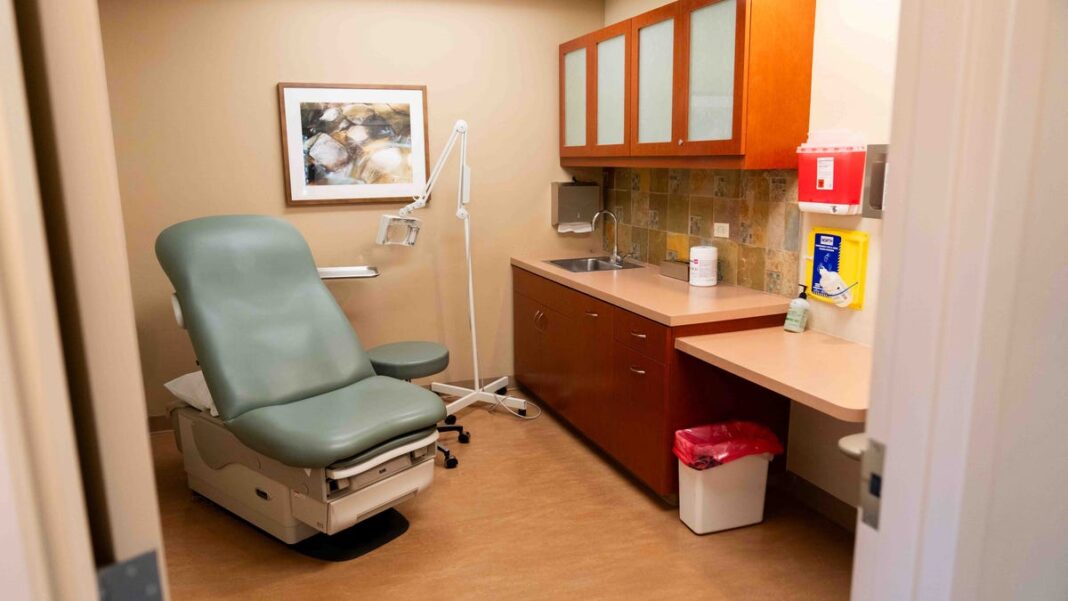I underwent 14 medical tests at a luxury resort, most of which I didn’t actually need.
TUCSON, Ariz. – You probably know the routine: visiting the doctor for an annual check-up where everything seems fine, but they suggest some standard blood tests just to be cautious.
Now picture going through that, plus a lot more tests—this was my experience at Canyon Ranch, a wellness resort with a new longevity initiative named “Longevity8”. This program focuses on eight health aspects: integrative medicine, mental and emotional well-being, strength and endurance, sleep, flexibility and fitness, spiritual health, nutrition, and outdoor activities. The cost is steep, at $20,000 for individuals and $36,000 for couples.
Here’s a summary of all the tests I participated in during the program and insights from medical professionals about which were truly necessary.
- In-depth blood tests (more extensive than typical doctor recommendations)
- Galleri cancer screening
- EKG
- Carotid doppler ultrasound
- Pulmonary function evaluation
- Dietary analysis and consultation
- Continuous glucose monitoring
- Therapy session
- Spiritual exploration session
- Joint assessment
- DEXA scan for body composition and bone density
- Genetic analysis
- VO2 max measurement
- Sleep assessment
Which medical tests are essential for the average individual? Not many.
Overall, medical professionals I consulted deemed the majority of tests I underwent as highly specialized and excessive for most people. Several doctors advised looking into the U.S. Preventive Services Task Force for recommendations regarding preventive health care.
Regarding the Canyon Ranch program, the most rational tests were the bloodwork and dietary consultation, according to Dr. Douglas E. Vaughan, a medicine professor at Northwestern University Feinberg School of Medicine and director of the Potocsnak Longevity Institute. Certain patient demographics may derive benefits from specific tests, such as the DEXA body scan (particularly women post-menopause who often experience bone density loss). Other tests may be warranted based on prevalent symptoms; for instance, people with asthma should discuss the pulmonary function test with their healthcare provider.
Dr. Fatima Cody Stanford, an associate professor of medicine at Massachusetts General Hospital, indicated that a VO2 max test is generally used for athletes or those focused on cardiovascular health and isn’t regular for routine health checks. Similarly, continuous glucose monitoring is reserved mainly for those with diabetes or prediabetes for managing glucose levels.
In summary: There’s no necessity to overspend on extensive testing, and for additional assessments, bloodwork is likely the most beneficial. However, if you want to explore further, specialty clinics and medical professionals are readily available to offer their services.
The reporter received access to the services at Canyon Ranch for this story. YSL News retains editorial authority over the content.

